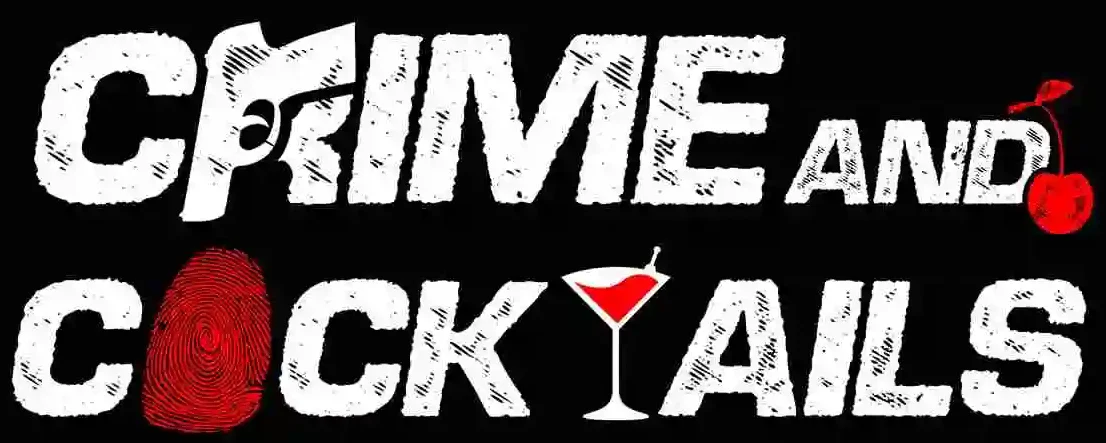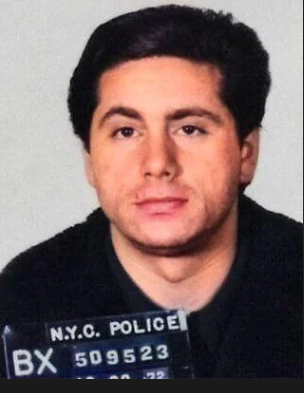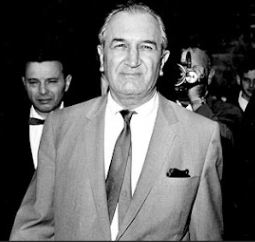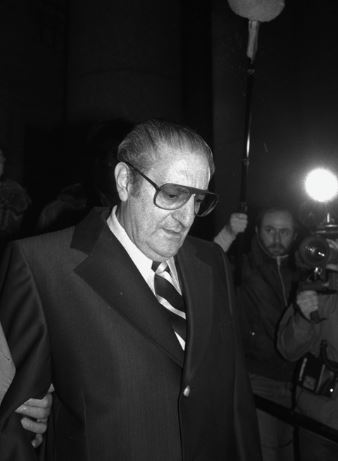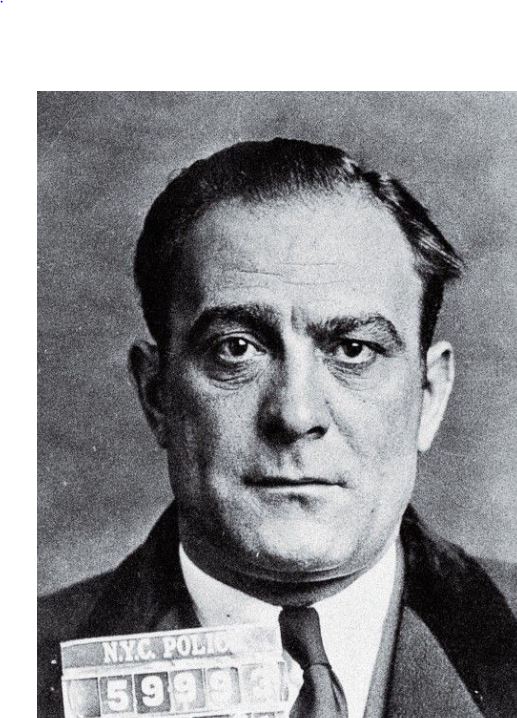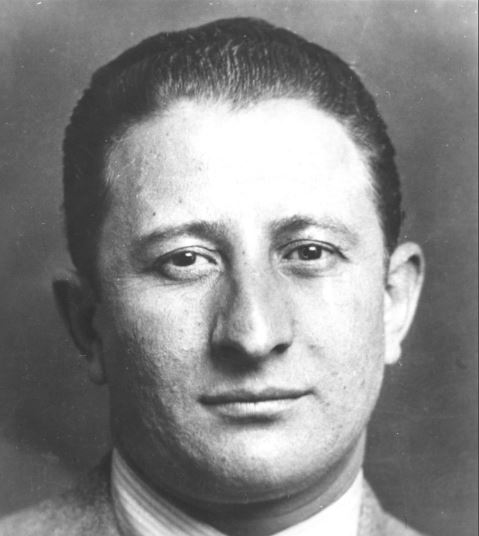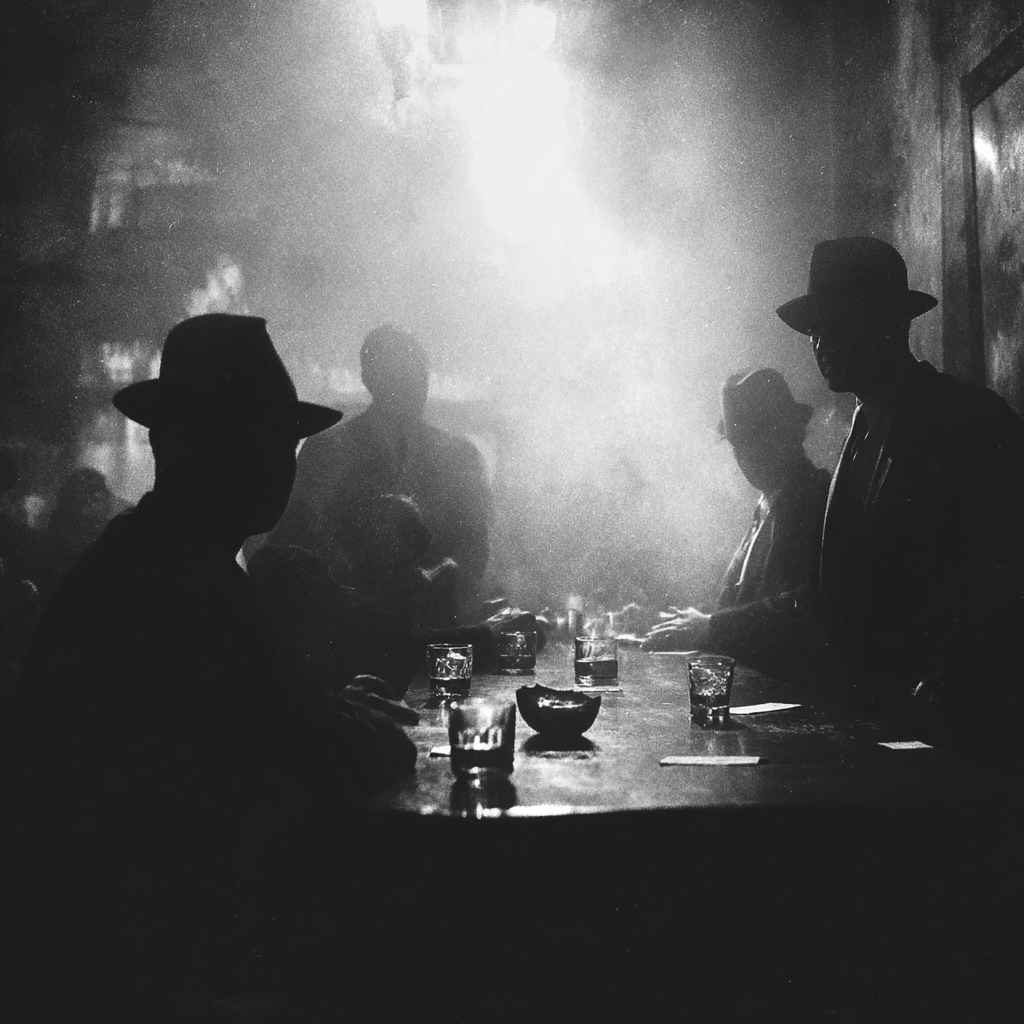Anthony “Gaspipe” Casso wasn’t just another mobster—he was the Lucchese family’s underboss, a man with ice in his veins and gasoline in his blood. He wasn’t interested in being the boss. He didn’t care about press, pomp, or tradition. He was the Mafia’s butcher, the underworld’s grim reaper. And when it all came crashing down, Casso didn’t go out like a man. He lied. He denied. And in doing so, he sealed his own fate.
This is the story of how one of the most feared killers in Mafia history tried to talk his way out of the grave he spent decades digging—and got buried anyway.
“I’m No Killer.”
Anthony Casso ordered—at minimum—36 murders. By some counts, it was over 50. He didn’t just orchestrate hits; he invented new ways to make people disappear. Burned alive in cars, shot in front of their families, tortured in basements with blowtorches—Casso had no rules.
But when the Feds finally got him, suddenly he wasn’t that guy anymore.
In his earliest debriefings with the FBI, Casso claimed he was “misunderstood.” He tried to paint himself as a soldier following orders, a man caught in the game. He denied ordering certain murders. He denied knowledge of drug trafficking and racketeering operations—even when they were traced back to his burner phones and bank accounts.
He blamed others: “That was Vic’s move,” referring to boss Vittorio “Vic” Amuso. Or, “That wasn’t me, that was the Albanians.” Gaspipe, for once, was ducking the fight.
But law enforcement had a trail of corpses, dozens of flipped associates, and a wiretap catalog with his voice all over it.
A Master Manipulator, Even in Chains
When Casso was arrested in 1993 after spending nearly three years on the run, he seemed ready to flip. Prosecutors were giddy. This wasn’t just a guy in the mob—this was the guy behind the murders. He could single-handedly dismantle the Lucchese crime family. And at first, it seemed like he would.
Casso named names. He exposed police officers—Louis Eppolito and Stephen Caracappa, “the Mafia Cops”—who worked as his personal assassins inside the NYPD. He gave up rival bosses, drug routes, cash pipelines, and more.
But the more Casso talked, the more they realized something wasn’t right. His information was riddled with lies, half-truths, contradictions. He was feeding agents bad intel, manipulating investigations, and trying to settle personal scores under the guise of cooperation.
He even tried to get confidential info passed back to the Lucchese family—while under government protection.
Eventually, the Department of Justice had enough. In a move almost unheard of, they tore up Casso’s cooperation agreement in 1997. The message was clear: You can’t con a con artist. And you definitely can’t con the Feds.
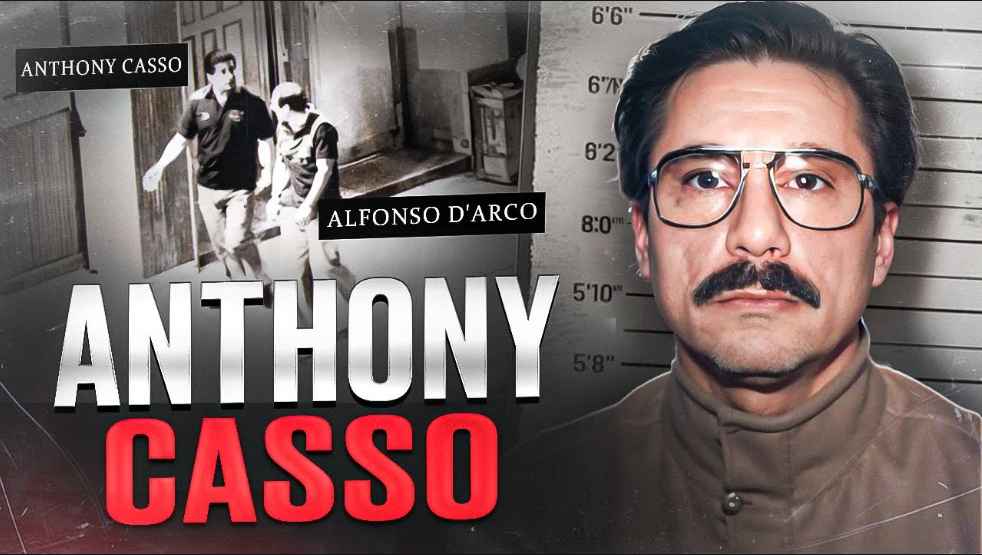
From Predator to Pariah
Inside prison, Casso was a ghost of the man who once commanded entire city blocks. With his cooperation revoked, he was marked both by the government and the mob. The Luccheses declared him a rat. The FBI considered him a manipulative threat. Even other informants didn’t want to be near him.
Casso had no more allies—just a mountain of enemies and a pile of bad decisions. He was eventually sentenced to 13 consecutive life terms. Thirteen. That wasn’t just a number—it was a symbol. The system wanted to make sure Gaspipe never took another breath of free air.
He spent his remaining years locked away, his once-sharp voice reduced to letters and lawyer filings. In the end, he died in 2020 of COVID-19 complications at a federal prison medical facility in Missouri. He left no legacy, no mourners, no monuments—just blood in the ground and lies in the record.
The Lie That Killed the Butcher
What makes Casso’s story especially disturbing is how self-inflicted it was. Other mobsters flipped and lived: Sammy Gravano, Salvatore Vitale, even Joe Massino. But Casso? He was too arrogant. He didn’t just lie to avoid prison—he tried to outplay the entire justice system.
He believed that the same brutality, deception, and manipulation that worked in the street would work in the courtroom.
He was wrong.
If he had told the truth—even once—he might’ve seen sunlight again. Instead, he spent nearly three decades in a cage. Not because he was a killer, but because he was a liar who thought he was smarter than everyone else.
A Legacy Written in Blood and Betrayal
Anthony Casso’s name doesn’t get the romantic mob glow that guys like Gotti or Capone get. There’s no style, no flash, no charisma. Just horror.
He’s remembered as the man who turned murder into an administrative function. He killed without hesitation, ruined families, and corrupted law enforcement. He personified evil with a Brooklyn accent.
But in the end, it wasn’t a bullet or betrayal that took him down. It was his own inability to stop lying. In a world built on silence, Casso talked too much—and none of it was honest.
There’s an old mob saying: You only get to lie once. After that, you’re a liability.
Anthony “Gaspipe” Casso lied over and over—until the only person left believing him was himself.
